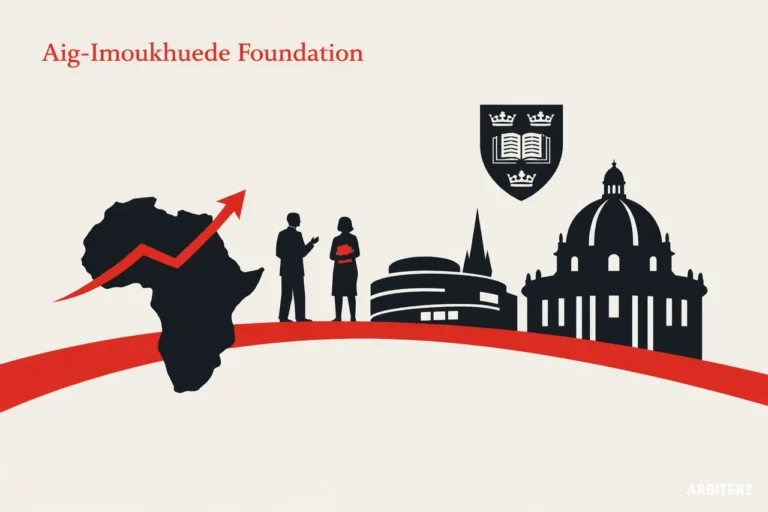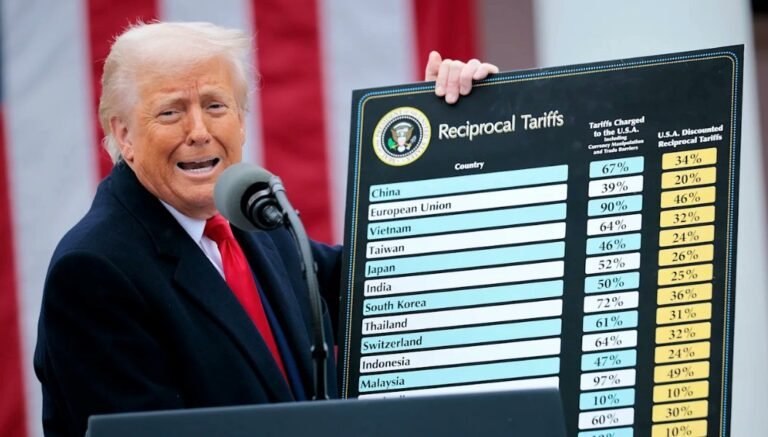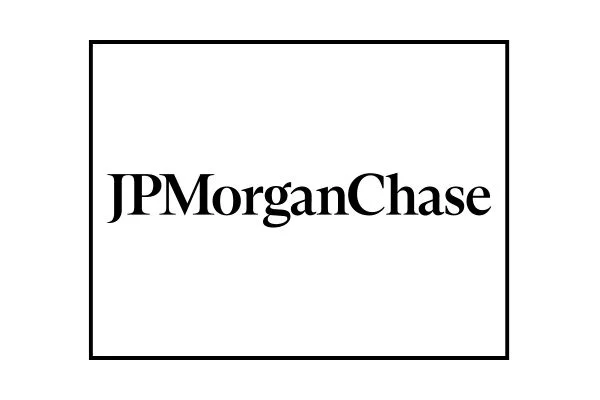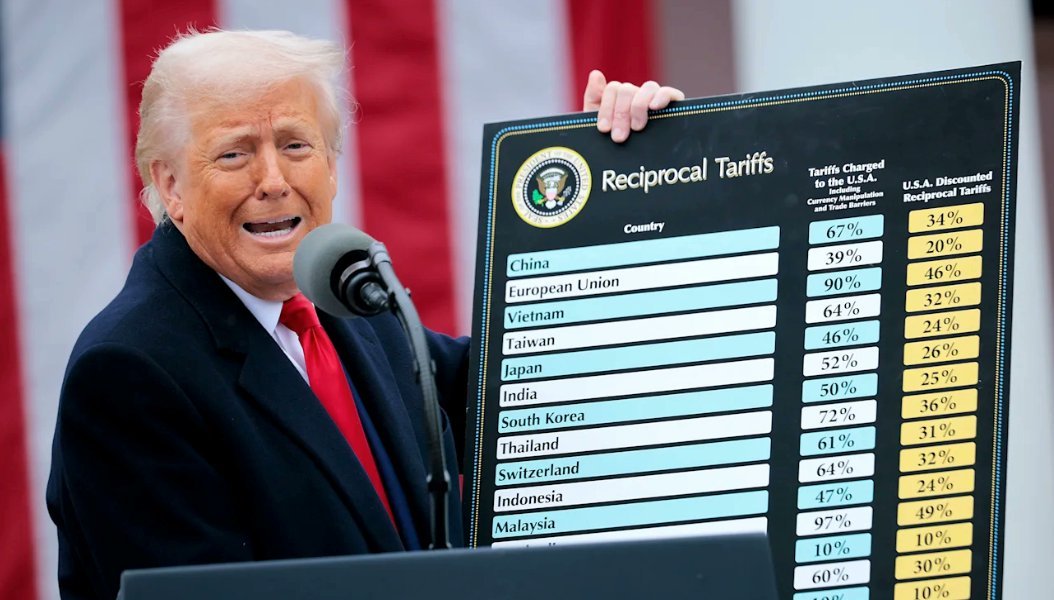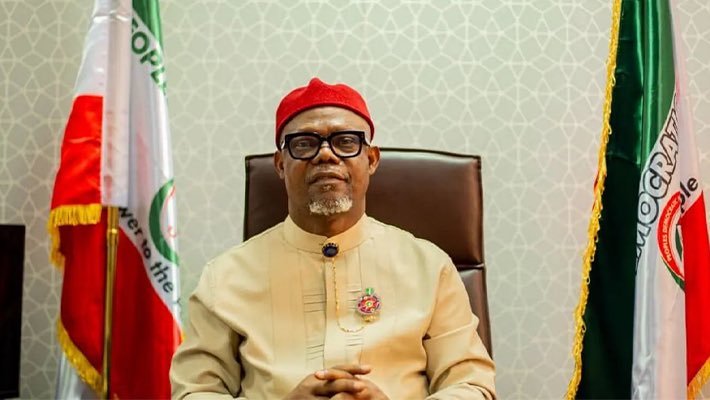A BBC Eye investigation has exposed how an Indian pharmaceutical company, Aveo Pharmaceuticals, is illegally manufacturing and exporting unlicensed, highly addictive opioids to West Africa. The illicit trade is driving a major public health crisis in countries such as Ghana, Nigeria, and Côte d’Ivoire.
BBC Investigation on Aveo Pharmaceuticals
Aveo Pharmaceuticals, based in Mumbai, India, produces a range of pills under different brand names, all containing a dangerous combination of tapentadol, a potent opioid, and carisoprodol, a highly addictive muscle relaxant banned in Europe. This combination is not licensed for use anywhere in the world and poses severe health risks, including breathing difficulties, seizures, and fatal overdoses. Despite these dangers, the drugs have gained popularity as street substances in many West African nations due to their low cost and widespread availability.
The BBC World Service found Aveo-branded pills openly being sold on the streets of Ghanaian, Nigerian, and Ivoirian cities. Tracing the drugs back to Aveo’s factory in India, the BBC sent an undercover operative posing as a businessman from Africa looking to supply opioids to Nigeria. Using a hidden camera, the BBC recorded Aveo director Vinod Sharma displaying the same illegal pills that were found for sale across West Africa.
Also Read:
- The Lunch Hour, Dr. Jekwu Ozoemene, CEO, HIV Trust Fund of Nigeria
- UNICEF Appeals for Funding to Combat Malnutrition and Health Challenges in Nigeria's…
- Mpox Outbreak Worsens in Africa: Africa CDC Calls for Coordinated Response as Cases Reach 21,466
- USAID Funding: China And Korea Contribute $4 Million Towards Disease Control in Africa
In the secretly filmed footage, the BBC’s operative told Sharma that the pills would be sold to teenagers in Nigeria who “love this product.” Sharma showed no concern and responded, “OK,” before explaining that taking multiple pills at once allows users to “relax” and get “high.” Later in the conversation, Sharma acknowledged the health dangers, stating, “This is very harmful for the health… but nowadays, this is business.”
Communities Under SiegeThe flood of these illegal opioids has devastated communities in West Africa. In Tamale, northern Ghana, the crisis is so severe that local chief Alhassan Maham has formed a volunteer task force of 100 citizens to raid drug dealers and remove the pills from the streets. Maham described the effects of the drugs as being like a fire fueled by kerosene, while a local addict said simply, “The drugs have wasted our lives.”
The BBC followed the task force on a raid after receiving a tip about a drug deal. The dealers were caught with plastic bags full of Aveo-branded pills called “Tafrodol.” Similar drugs from Aveo have been seized by law enforcement in Nigeria, Côte d’Ivoire, and other parts of Ghana.
The problem extends far beyond Ghana. In Nigeria, a country of 225 million people, it is estimated that four million Nigerians abuse opioids, according to Nigeria’s National Bureau of Statistics. Brigadier General Mohammed Buba Marwa, chairman of Nigeria’s National Drug Law Enforcement Agency (NDLEA), told the BBC, “Opioids are devastating our youths, our families, and every community in Nigeria.”
The Health, Human, and Financial Cost of the Opioid CrisisThe opioid crisis in West Africa is exacting a staggering toll on public health, social stability, and national economies.
Health ConsequencesThe misuse of opioids such as tapentadol and carisoprodol has led to a surge in addiction, overdoses, and long-term health complications. Hospitals and clinics in regions most affected by opioid abuse lack the capacity to treat the growing number of patients suffering from withdrawal symptoms, respiratory issues, and mental health disorders. According to health experts, opioids can lead to respiratory depression, coma, and death, while withdrawal symptoms include anxiety, hallucinations, and severe pain.
Human CostThe crisis has led to a dramatic increase in crime, unemployment, and family breakdowns. Communities are witnessing a generation of young people losing their potential to drug addiction. In many areas, schools report rising dropout rates, and families struggle to cope with the financial and emotional burden of addiction. Many users, particularly young men, become unable to work, leading to a loss of productivity and economic stagnation.
Financial CostWest African governments are spending millions of dollars to fight the opioid epidemic, from funding drug rehabilitation programs to increasing law enforcement efforts. However, the illicit drug trade continues to thrive, diverting resources from critical sectors such as healthcare and education. The economic burden of opioid addiction extends beyond government spending—families lose income, businesses suffer from a declining workforce, and crime rates rise, straining law enforcement budgets.
Regulatory Crackdowns and LoopholesThis crisis echoes Nigeria’s battle against tramadol, another widely abused opioid. Following a 2018 BBC Africa Eye investigation, Nigerian authorities banned over-the-counter tramadol sales, imposed strict dose limits, and cracked down on illegal imports. In response, Aveo Pharmaceuticals shifted to exporting tapentadol, an even stronger opioid, mixed with carisoprodol.
Indian regulations prohibit pharmaceutical companies from manufacturing and exporting unlicensed drugs unless they comply with the importing country’s laws. However, Aveo’s pills are illegal in Ghana, according to the country’s Drug Enforcement Agency, meaning the company is violating Indian law by exporting them. Publicly available export records reveal that Aveo and its sister company, Westfin International, have shipped millions of these tablets to Ghana and other West African countries.
In response to the BBC’s findings, India’s Central Drugs Standard Control Organisation (CDSCO) stated that the government is committed to maintaining a strong regulatory system and has engaged with West African nations to curb illicit pharmaceutical exports. The regulator pledged immediate action against any pharmaceutical firm violating the law but emphasized that importing countries also need to enforce their regulations.
Deadly ConsequencesExperts have warned that Aveo’s new opioid is even more dangerous than tramadol. Dr. Lekhansh Shukla, an assistant professor at India’s National Institute of Mental Health and Neurosciences, explained that tapentadol causes deep sedation, potentially leading to fatal overdoses. When combined with carisoprodol, which enhances the sedative effects, withdrawal symptoms become even more severe. Carisoprodol is banned in Europe and is only approved in the U.S. for short-term use.
Dr. Shukla emphasized that there have been no clinical trials proving the efficacy of this combination, describing it as an irrational and unapproved drug cocktail.
A Crisis Fueled by ProfitsAveo is not the only Indian company exporting unlicensed opioids to West Africa. Public data suggests that multiple Indian pharmaceutical firms manufacture and sell similar products under different branding, contributing to the region’s worsening opioid epidemic.
This illicit trade is tarnishing India’s pharmaceutical reputation. While India is renowned for producing high-quality generic medicines and life-saving vaccines, its pharmaceutical exports, worth at least $28 billion annually, are now linked to a major drug abuse crisis in West Africa.
For Nigerian journalists who have reported on this issue for over 20 years, the BBC’s undercover operation finally put them face to face with one of the men behind the crisis. The BBC’s undercover operative said: “He knew the harm it was doing, but he didn’t seem to care… describing it simply as business.”











